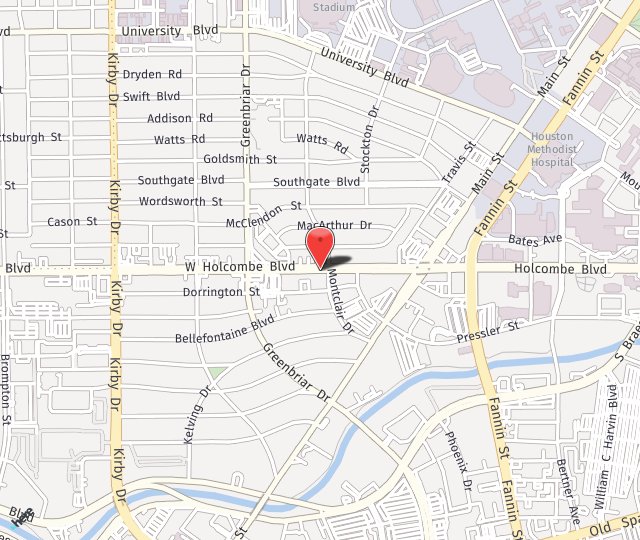TMJ is painful and patients are often seeking remedies to help them with their pain. I am often asked my thoughts about the use of vitamins and quite often the use of Glucosmine Sulfate (GS). I recently came across an published research article in a journal that compared the use of GS to a placebo in TMJ patients over a period of 6 weeks. No differences or significant effects were noted in any of the patients. In fact, the article further states that most clinical studies fail to show any improvement with GS. The article can be found in Oral Surg Oral Med Oral Pathol Oral Radiol Endod. 2011
GS has been widely promoted to the lay public as treatment for degenerative arthritis, and this article is another one that clinically shows it is safe in recommended dosages but not effective in helping arthritis.
If you have questions regarding TMJ pain Houston, or TMJ treatment Houston, please feel free to contact our office, Ronald W. Konig DDS,FAGD, LVIF 713-668-2289
No Effect of Glucosamine Sulfate on Osteoarthritis in the Temporomandibular Joints—A Randomized, Controlled, Short-term Study Our thanks to Dr. Daniel Laskin who provided us with a summary of this study which was published in Oral Surg Oral Med Oral Pathol Oral Radiol Endod. 2011 Dec;112(6):760-6. Dr. Daniel Laskin is the TMJA’s Clinical Consultant and Professor and Chairman Emeritus at theVirginia Commonwealth University, Department of Oral and Maxillofacial Surgery in Richmond, VA. The use of glucosamine has been widely promoted to the lay public as a treatment for degenerative arthritis. However, most of the clinical studies that have been done have failed to show any significant effect. Now, a recently published study that compared the use of oral glucosamine sulfate with a placebo for the treatment of osteoarthritis in the temporomandibular joint (TMJ) has shown similar negative findings. Fifty-nine patients with clinically and radiographically confirmed osteoarthritis of the TMJ received either 1200 mg of glucosamine sulfate or an identical placebo daily for 6 weeks. The amount of pain and mouth opening were measured at the beginning and end of the study. No differences were found between the 2 groups, indicating that the oral glucosamine sulfate was no better than the placebo. Although ineffective, glucosamine sulfate has at least been shown to be safe when taken in the recommended dosage. However, when persons do not get any positive effect, they may go beyond the recommended dose and a recent study has shown that this may possibly increase the risk of developing diabetes. This is one more reason to avoid its use.

